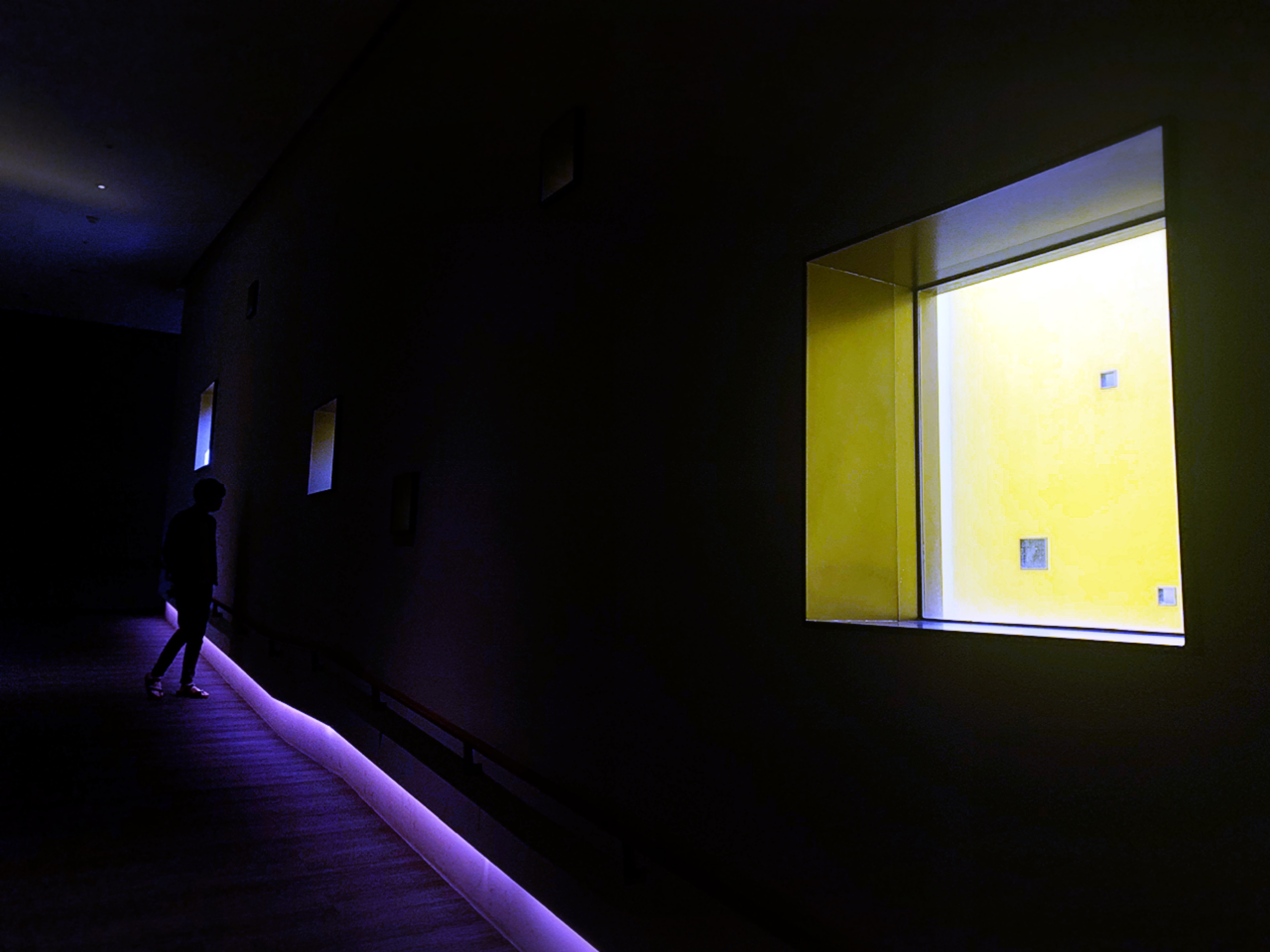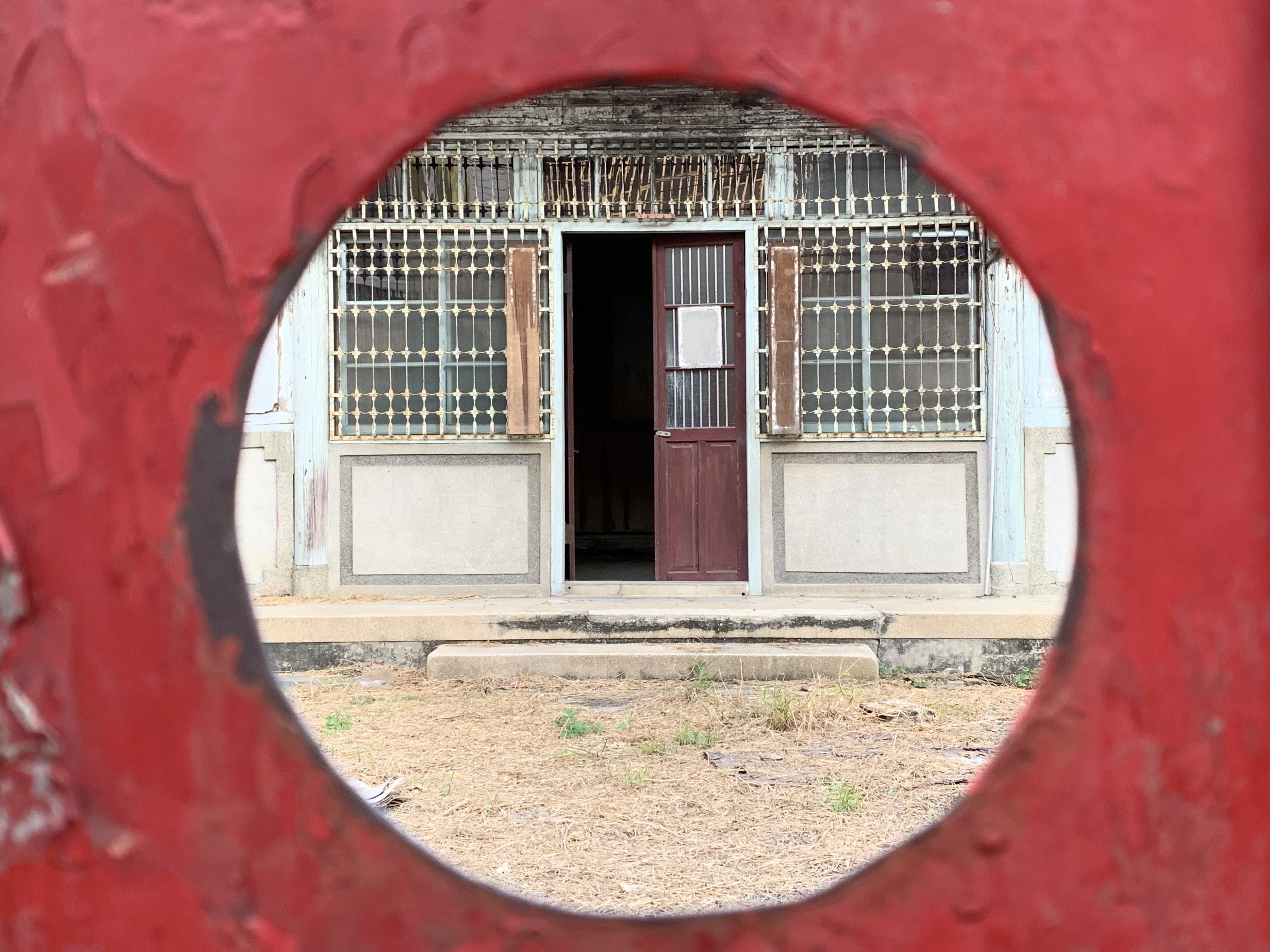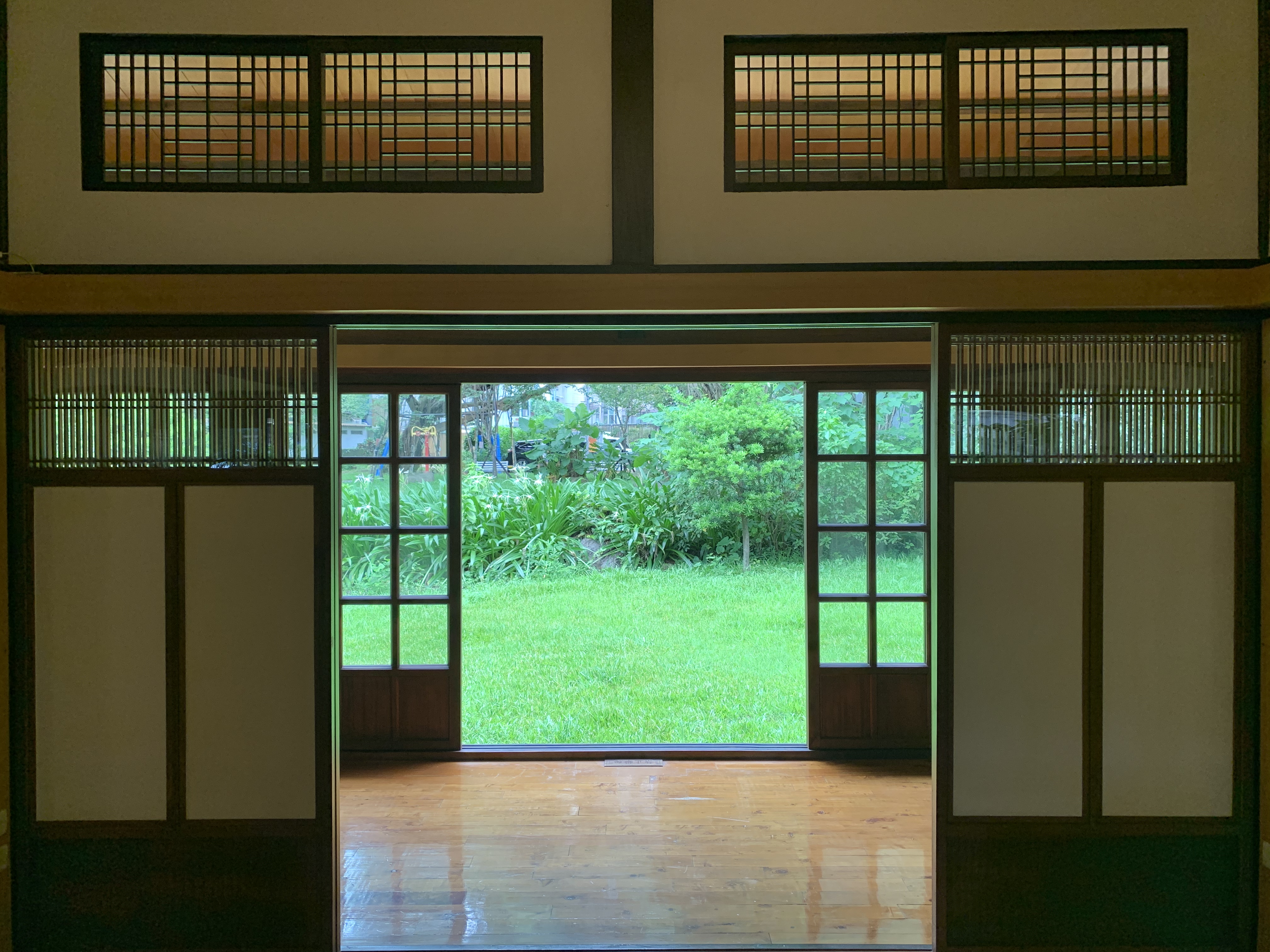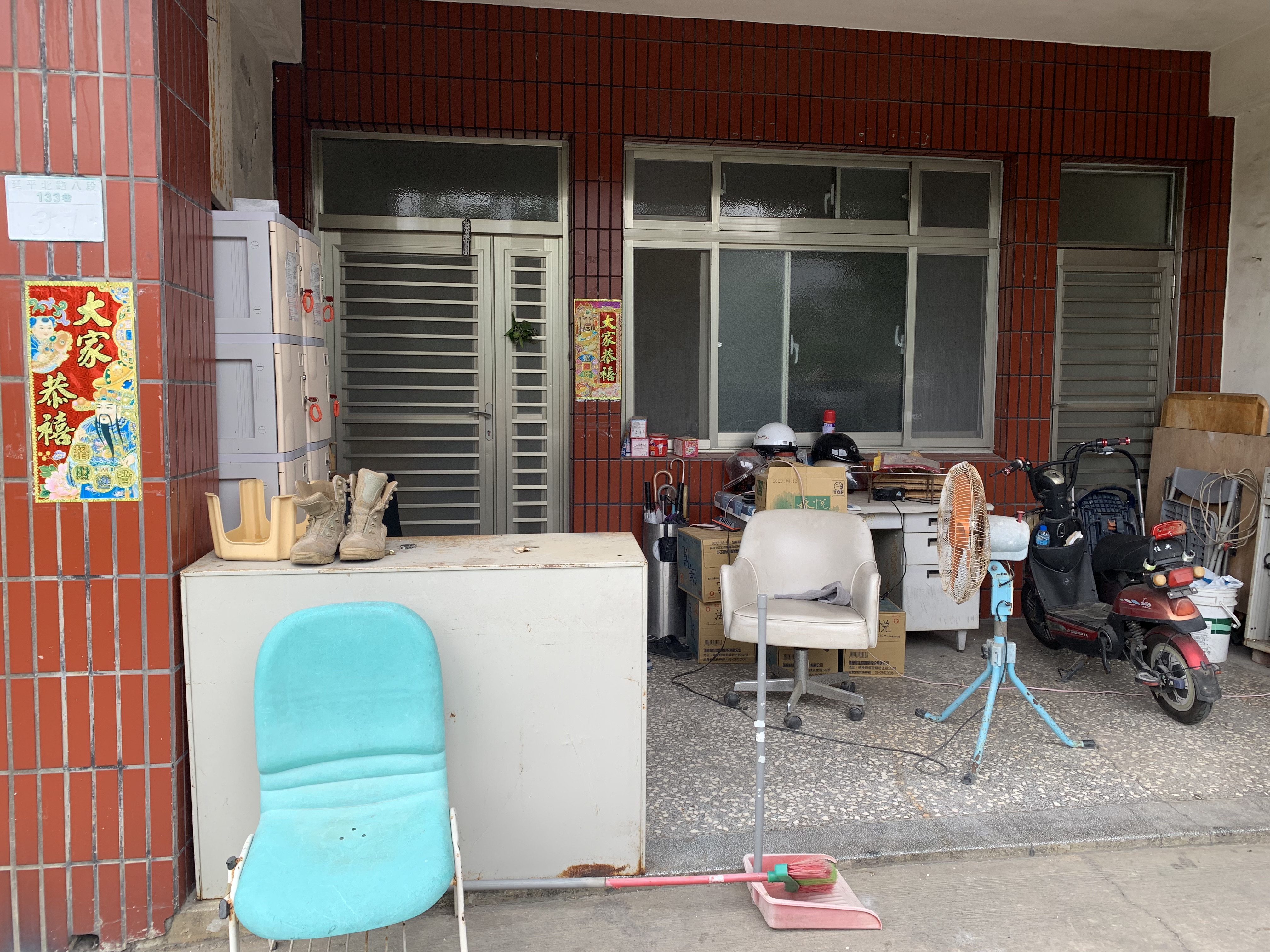
The National Museum of Prehistory, Tainan
I haven't been blogging as much as usual for two reasons: the first is that we're about to leave for a necessary trip to the US in less than a week. While I'm excited to see friends and family after years away, it's stressful to plan a pandemic trip, and the timing isn't our choice: there are some things that require our personal presence in the country of our citizenship.
On top of that I had two writing deadlines for Taipei Quarterly. Expect a post about that in the upcoming months; I think it'd be relevant to Lao Ren Cha to do a rundown of all the restored heritage buildings they've been having me visit.
The second reason is plain old anxiety. COVID has finally hit Taiwan for real, and handed an outbreak that probably can't be reduced to zero anytime soon, the government has abandoned COVID Zero and taken up a mitigation strategy. In my anecdotal experience, the populace seems fine with this.
Perhaps they're tired of the looming threat of lockdowns, or perhaps they've been watching the unfolding disaster in China and don't want their country to go down the same path (which I doubt would happen regardless). Perhaps they feel safer as most Taiwanese are now vaccinated. Nobody really wants all restaurants and cafes to close again, though I haven't actually been to a restaurant or cafe in weeks.
I have seen more caution -- stricter mask wearing, more use of hand sanitizing stations -- but there's one area that has me deeply uncomfortable: the lack of a return to working from home wherever possible. Sure, some offices are re-adopting those policies or offering flexible work-from-home options, but it just doesn't seem to be the imperative that it was when we had case numbers in the hundreds, before crushing that outbreak. Now we're above 10,000 a day, and people who don't need to go to the office are still going.
Few seem as worried about this as I am, and I acknowledge that my opinion is both out of step with about half of public opinion and fueled in part by personal anxiety. I have a trip coming up for which my presence is crucial in two states at two different times, at the risk of some serious setbacks. I can't get sick. If I do, I can't go. If I get sick in the US, I can't travel, but have no good isolation options (and miss the things that really need to happen). If I get sick towards the end of the trip, I can't come back. Anyone would be anxious about this.
While I've been telling myself the worries will ease once the trip is done, that certainty slips by the day.
If everyone is fine with face-to-face work, that means a lot of the work I'm offered will be in-person as well. I don't particularly want to say yes to in-person training (my English teaching work is all online; only teacher training is in person), but I may not be given a choice. And while we're not broke, I can't exactly choose to turn down work and play housewife until it's all over.
In other words, if everyone else is fine to continuing in-person work, I feel pressured into accepting it, too. I don't have enough of a financial cushion to say no forever. Yet I don't want to do it. I want the option of going online, of being able to say I'm not comfortable with this and still have work.
There is no good reason for this attitude on the part of employers. It seems that most just don't particularly feel like making remote work the norm until this outbreak begins its hopefully inevitable decline. It's not very scientific, and it's not rational. Nobody wants a full lockdown -- I don't support that either -- but it's just not logical to go out often and spend lots of time indoors with other people's germs in the middle of a major outbreak, if one does not absolutely have to.
There are employees who don't mind going to the office, of course. One of my students pointed out that she likes her coworkers, plus there's always free coffee, drinks and snacks (it's true, that particular office is very strong on all-you-can-consume snacks and beverages). But mostly, I want to know why employers seem more accepting of an outbreak at their office.
I don't love it. I don't support it. I don't want it. I am deeply uncomfortable with it. And there isn't much I can do about it. Cue the anxiety.
So I haven't been writing much, because I just don't know what to say when all I can think of is don't get sick don't get sick don't get sick don't get sick.
There's a lot I want to talk about, too. From an upcoming post on restored Taipei heritage buildings to an exploration of the way the KMT is trying to replace Taiwanese democracy activism with ROC stories from China to the utter preposterousness of the notion that "the US funds Taiwan independence separatists", I have things to say. Just no will right now to say them.
Maybe I'll find my mojo again -- get my groove back or whatever -- when I return from this trip. Or maybe I'll become a weird hermit who stores her pee in jars. Who knows?
Perhaps it's normal for bloggers to just take breaks, and I need one now. Maybe that's fine too. In the meantime, I guess you'll find me behind an N95 as I travel the northeast corridor of the United States, or at home dusting my pee jars.














